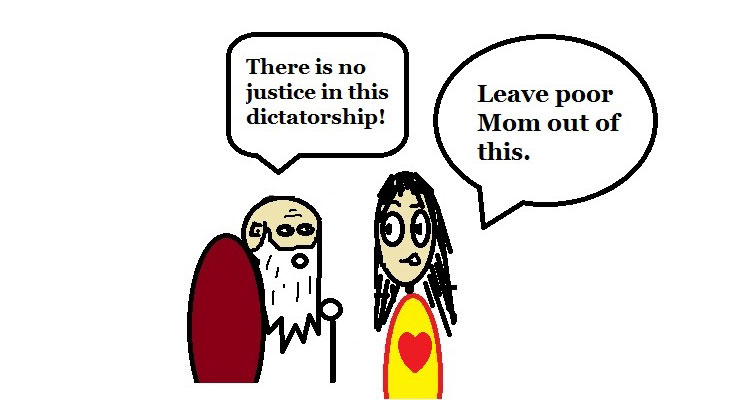
There was an interesting new post at Democracy Digest that looks at the problems around kleptocracy and how to challenge such systems.
Ever since the earliest years of this century, Ukraine has been the contested frontier in a grand ideological struggle between democracy and kleptocracy, analyst Franklin Foer writes for The Atlantic.
Thousands of Ukraine’s citizens have perished in the half-decade-long struggle to achieve a Western dream: a democracy with close and lasting ties to the U.S.—a special relationship that would thrillingly demonstrate that Russian-style kleptocracy isn’t the only path a post-Soviet state can follow, The New Republic reports.
The fact that America has been a bastion of anonymous shells is a blight on Washington’s claims to be fighting kleptocracy and grand corruption abroad, TNR’s Casey Michel adds.
In the latest episode of the Power 3.0 podcast, featured guest Oliver Bullough discusses how transnational kleptocracy—the process by which illicit money is stolen in one location, laundered through anonymous off-shore vehicles, and spent in jurisdictions where it is safe from interference—corrodes democratic and rules-based institutions. Oliver Bullough is an award-winning journalist, author, and commentator, specializing in the former Soviet Union and illicit money flows. His latest book, Moneyland: The Inside Story of the Crooks and Kleptocrats Who Rule the World, was named an Economist Book of the Year and the Sunday Times Business Book of the Year. Christopher Walker, NED vice president for studies and analysis, and Shanthi Kalathil, senior director of NED’s International Forum for Democratic Studies, cohost the conversation.
See full story here.
Leave a Reply